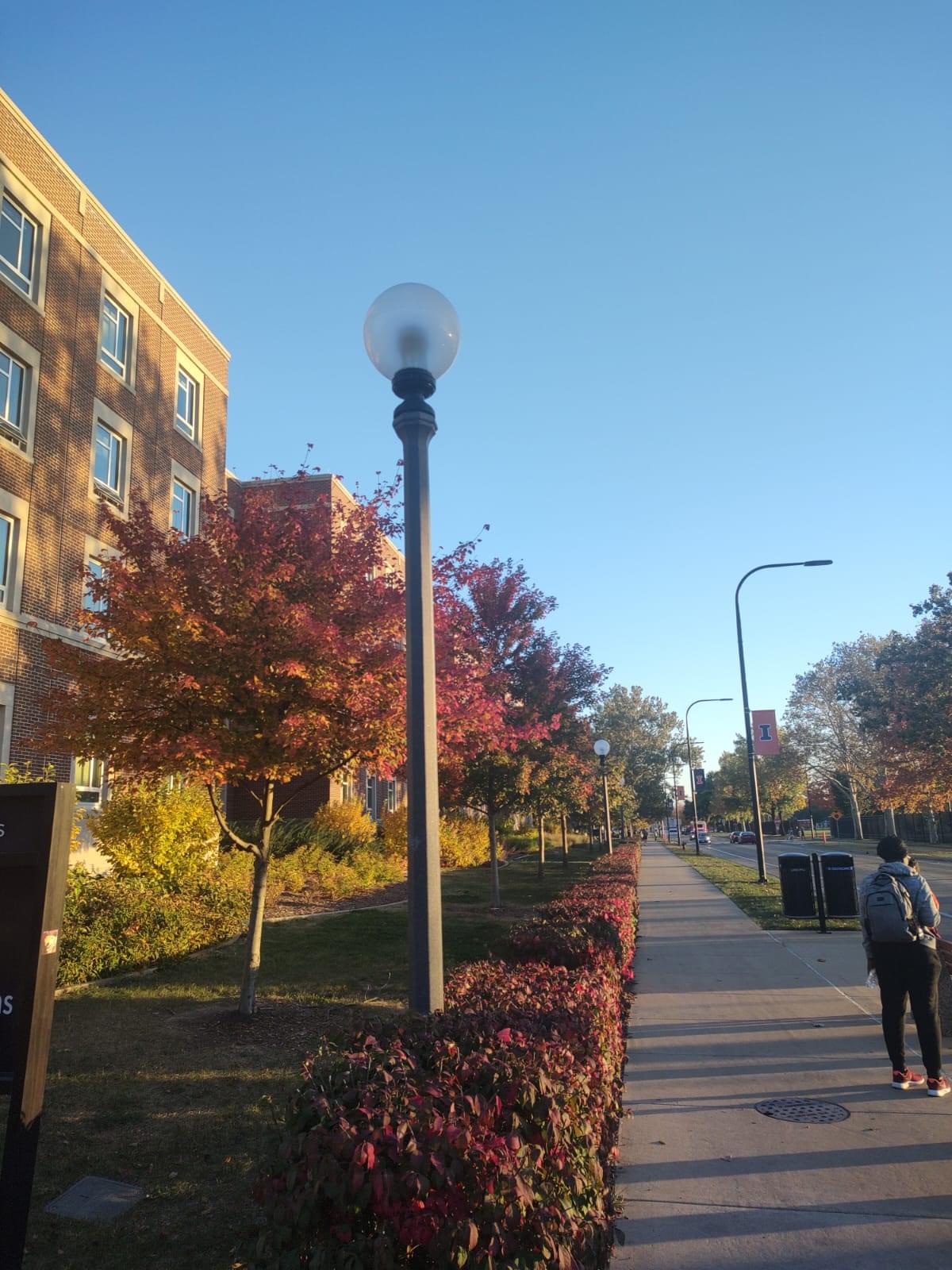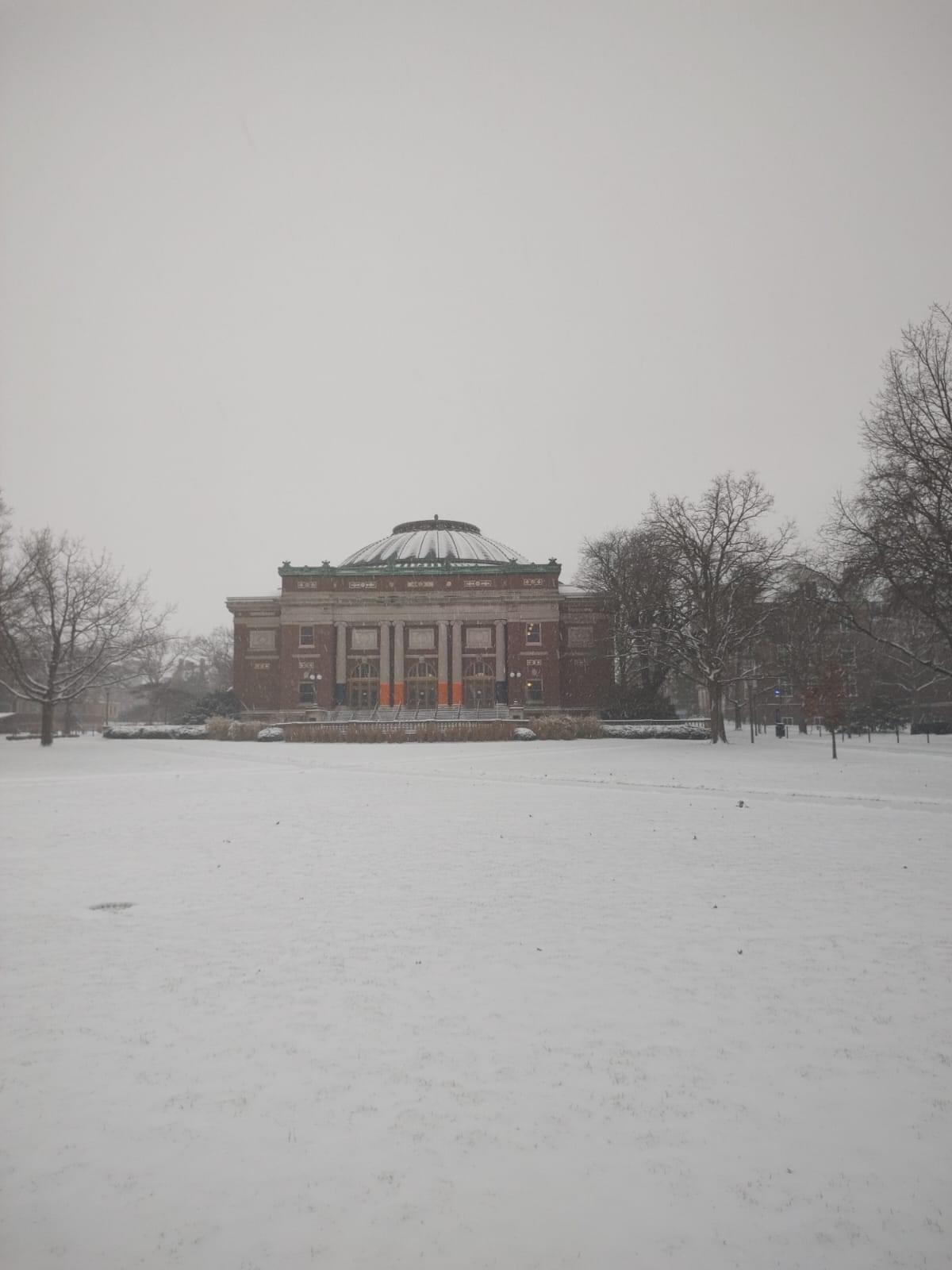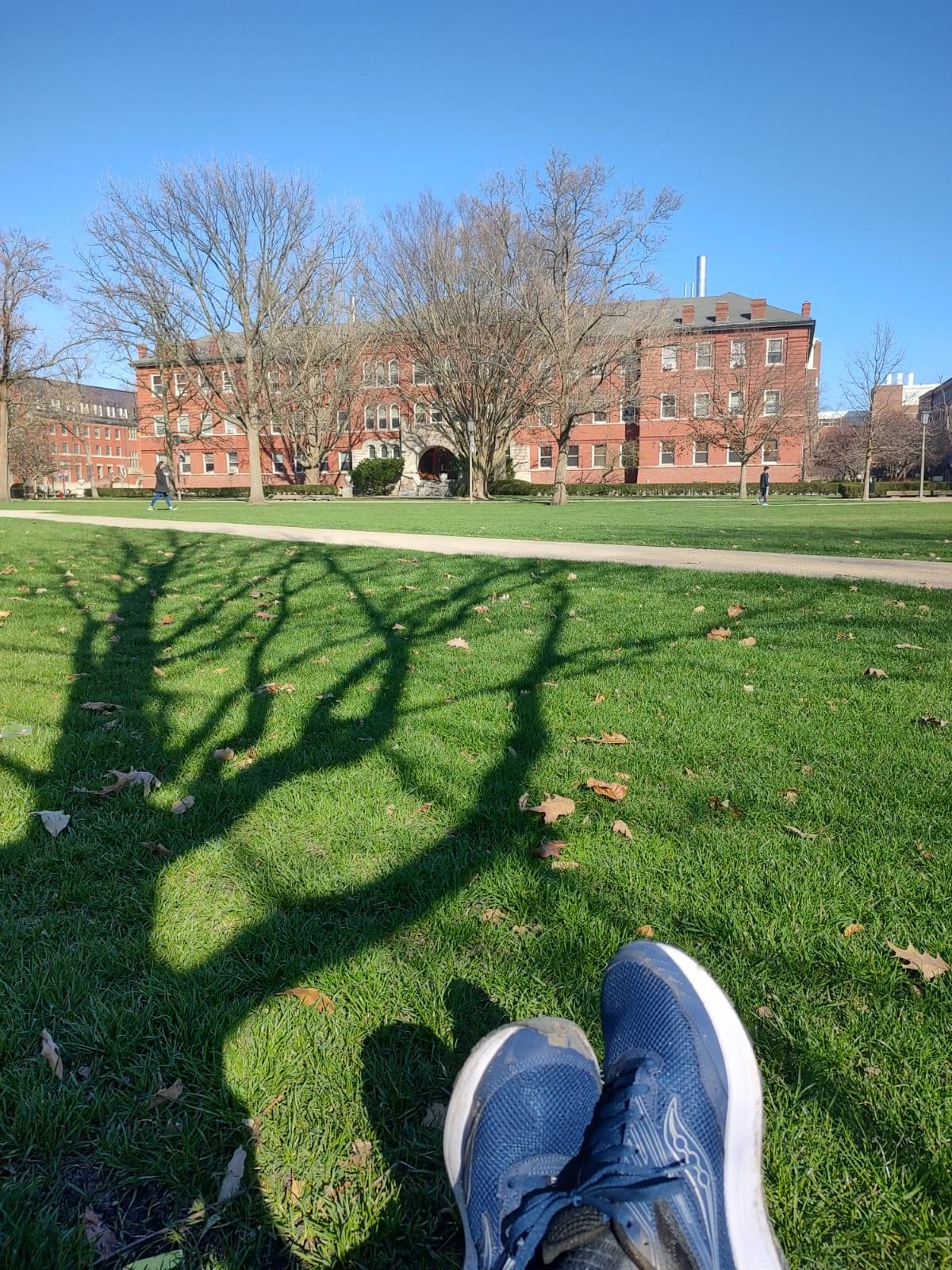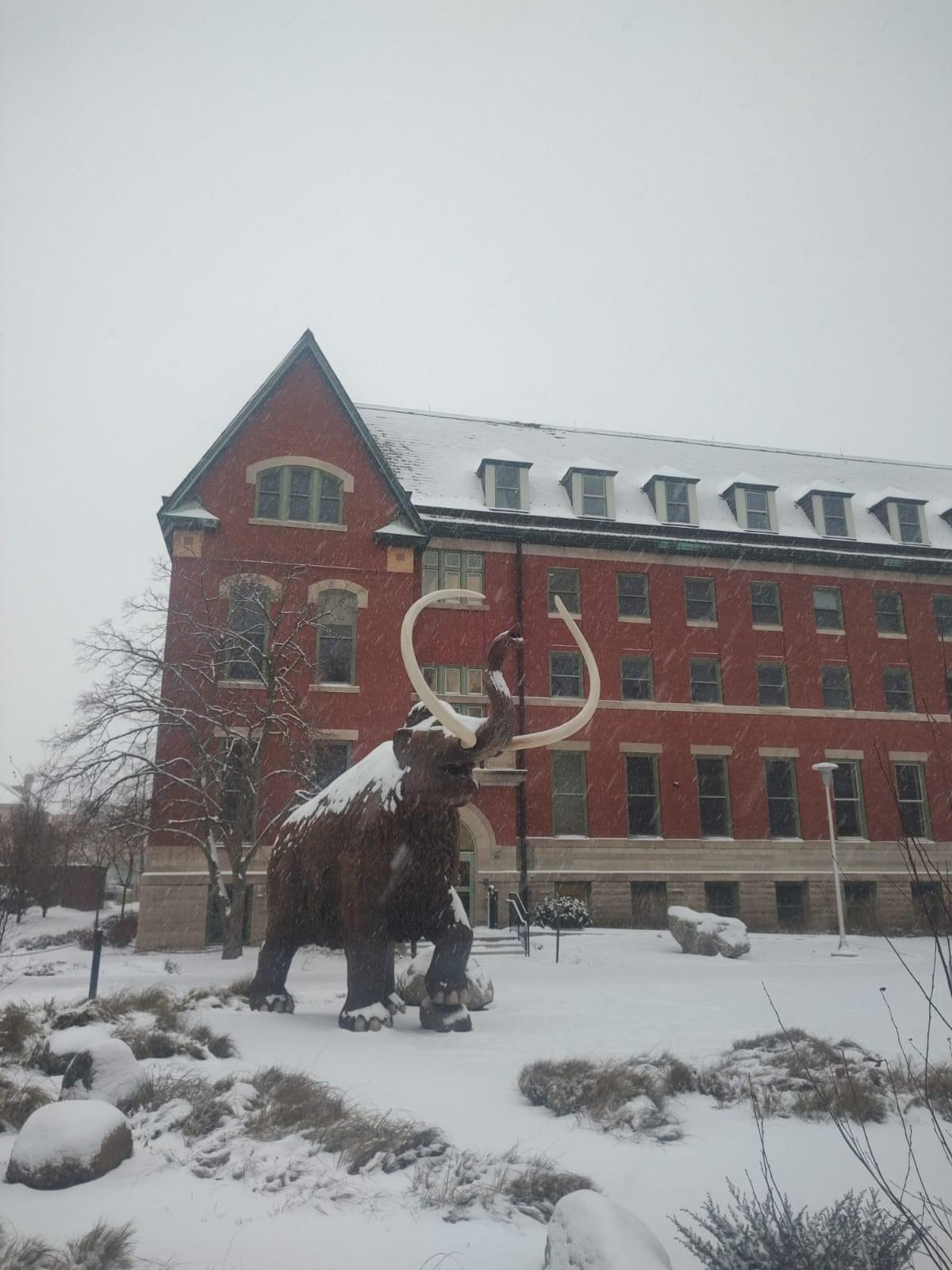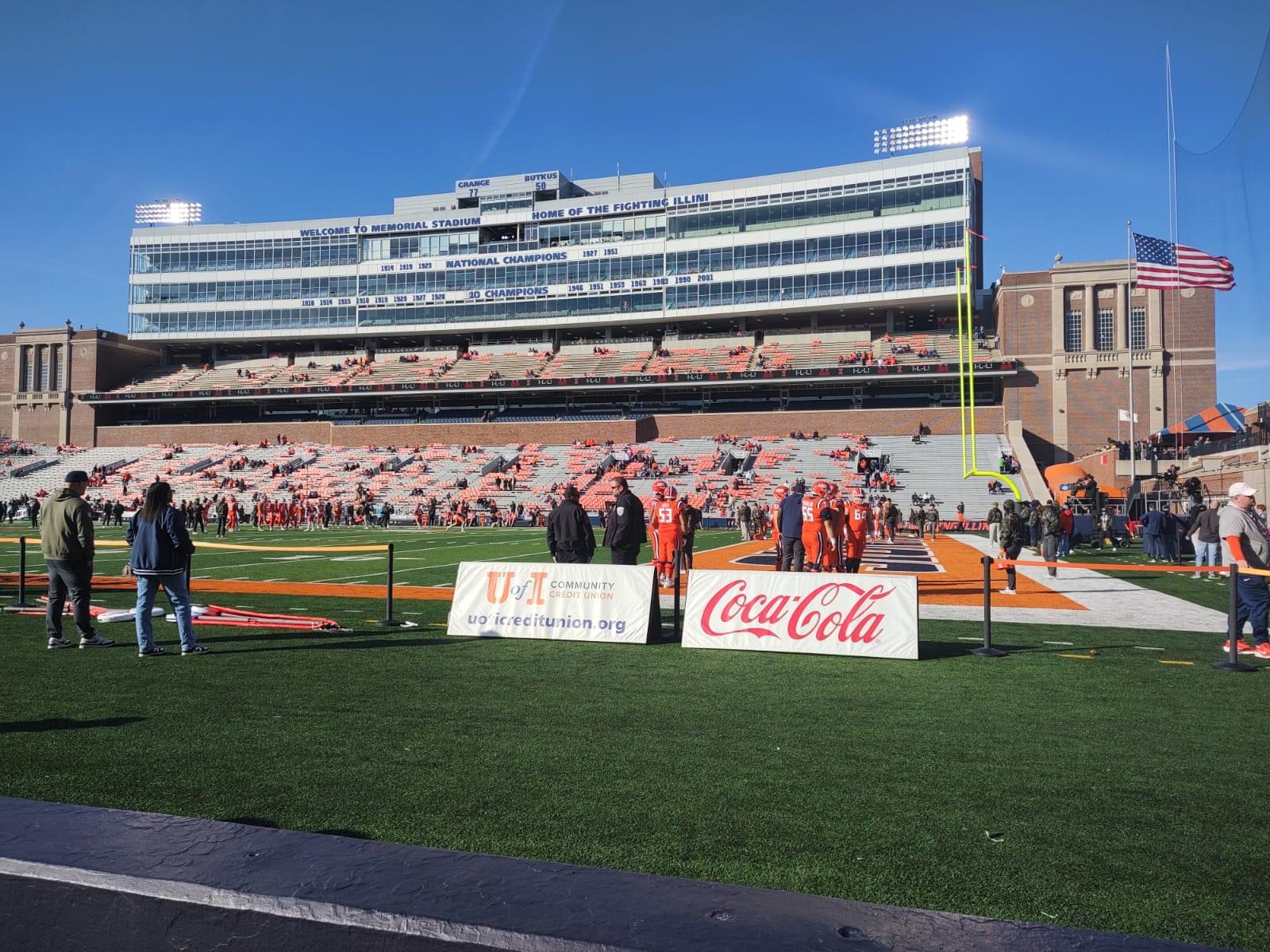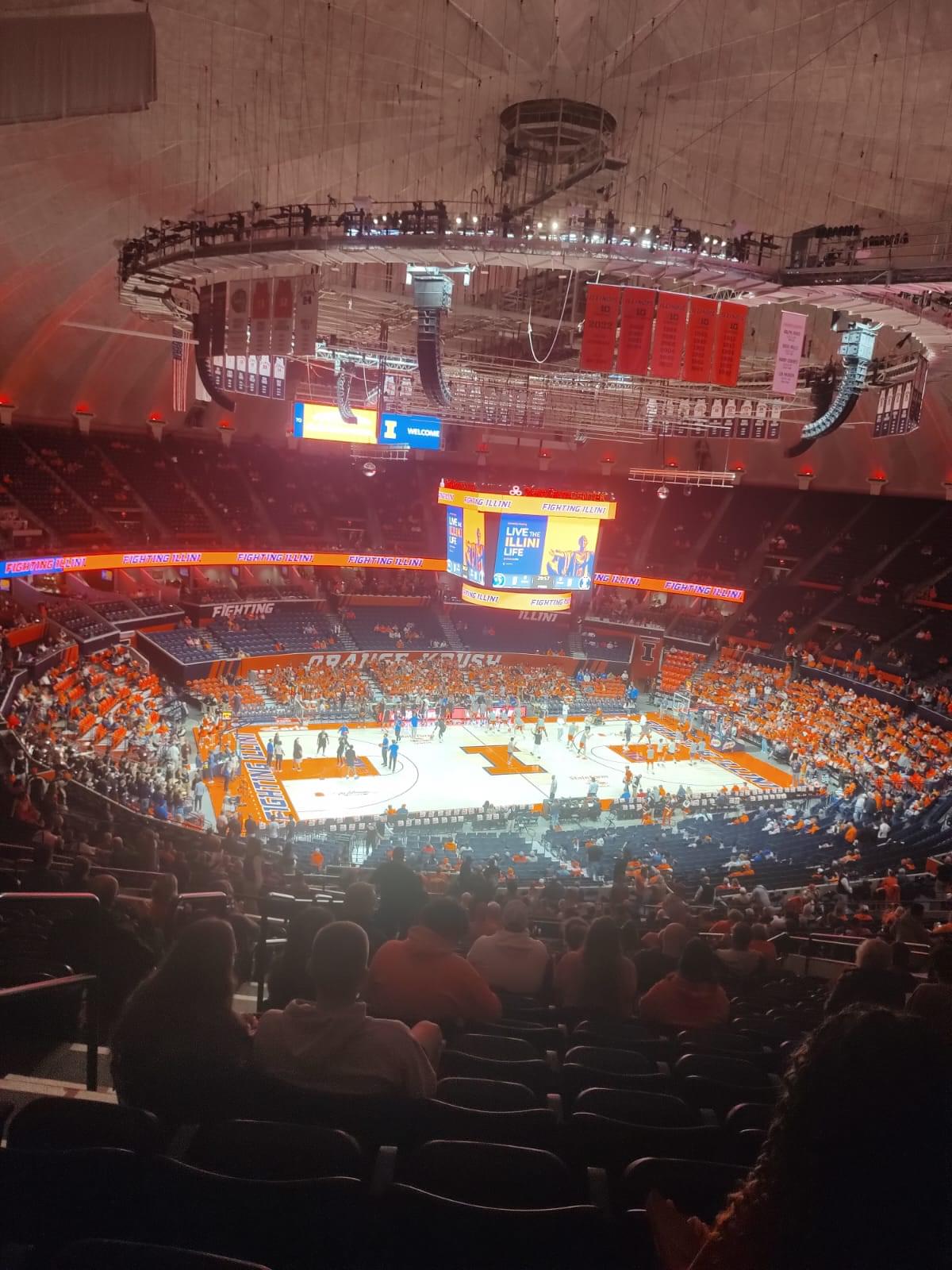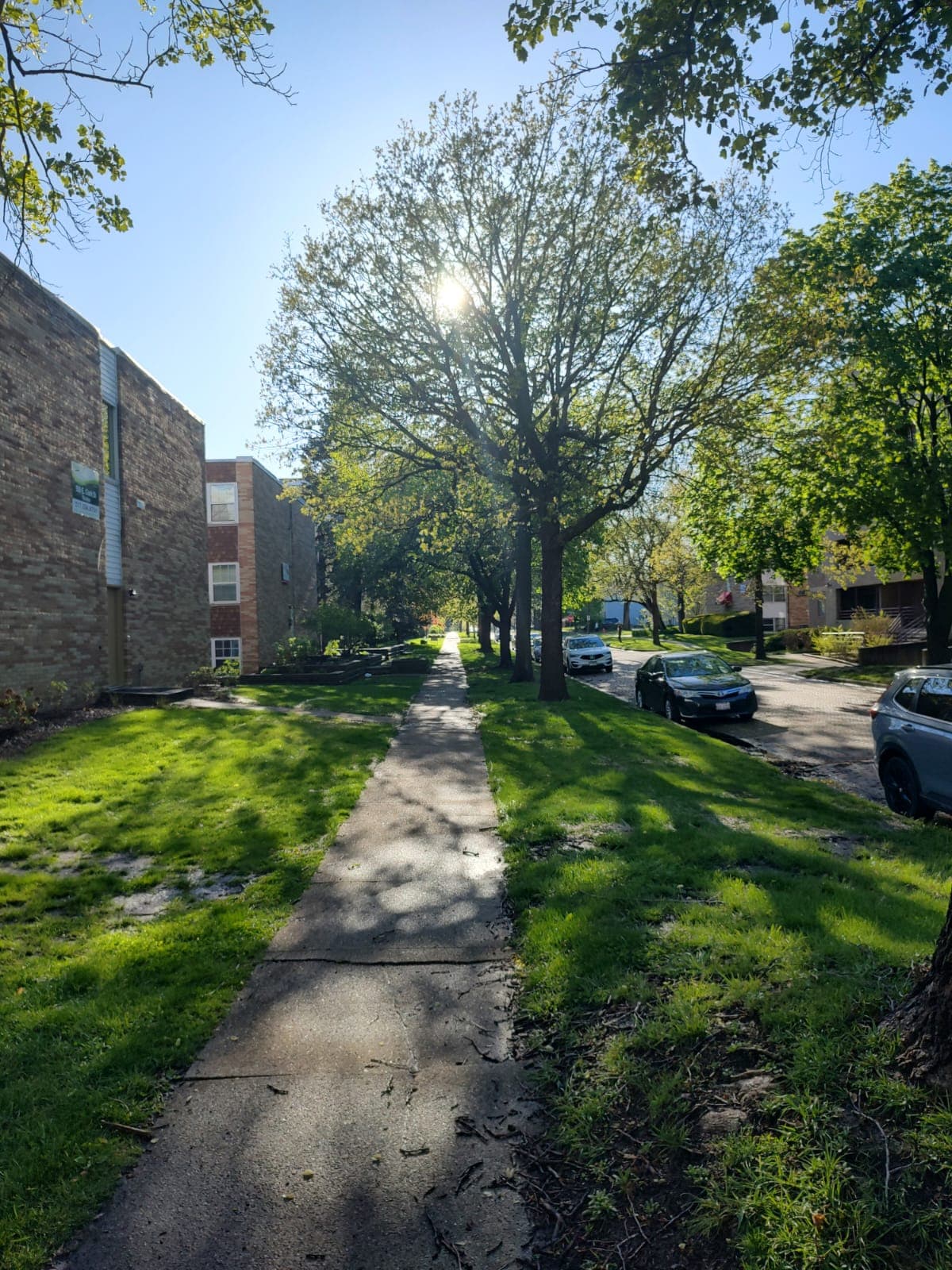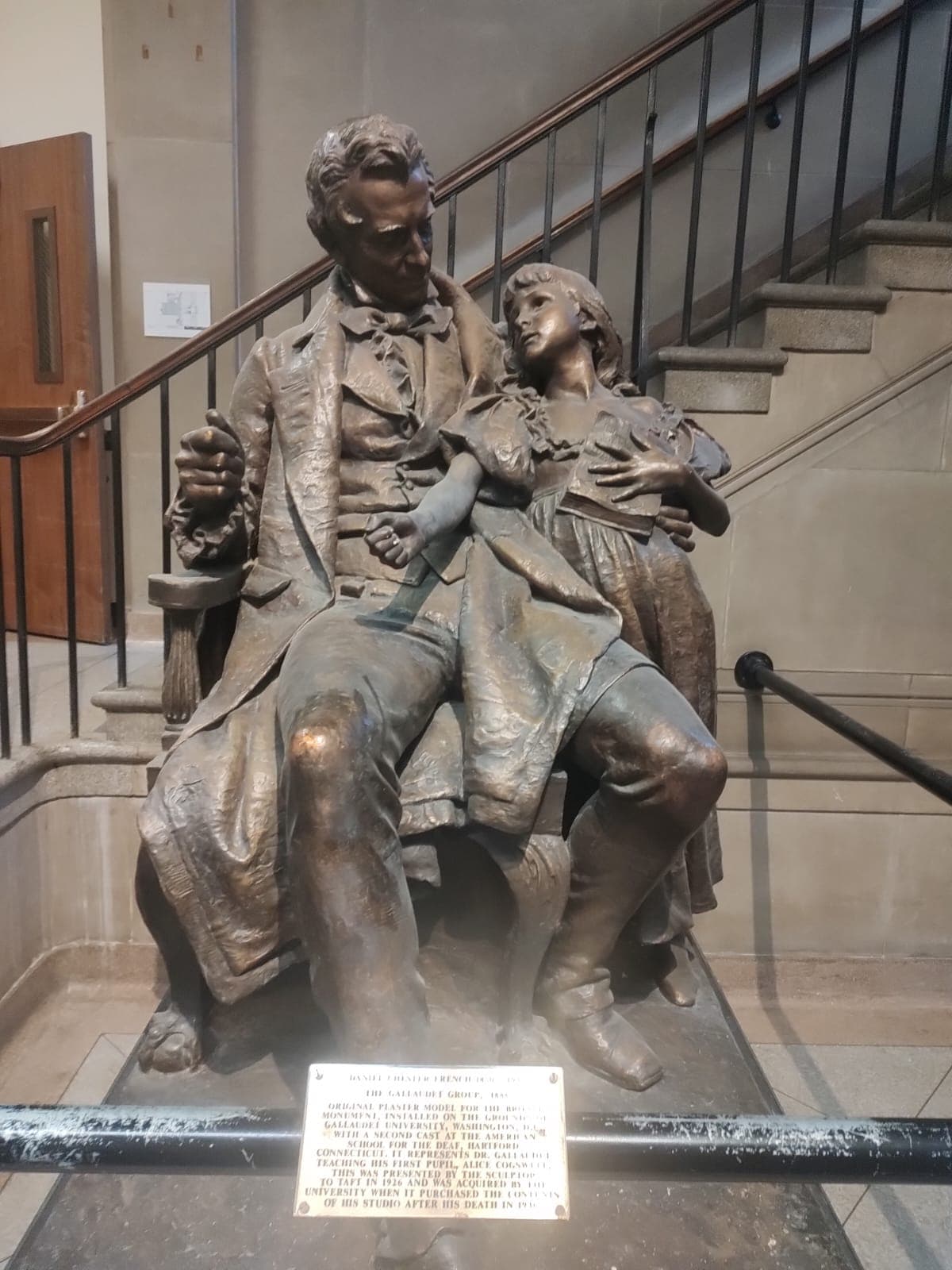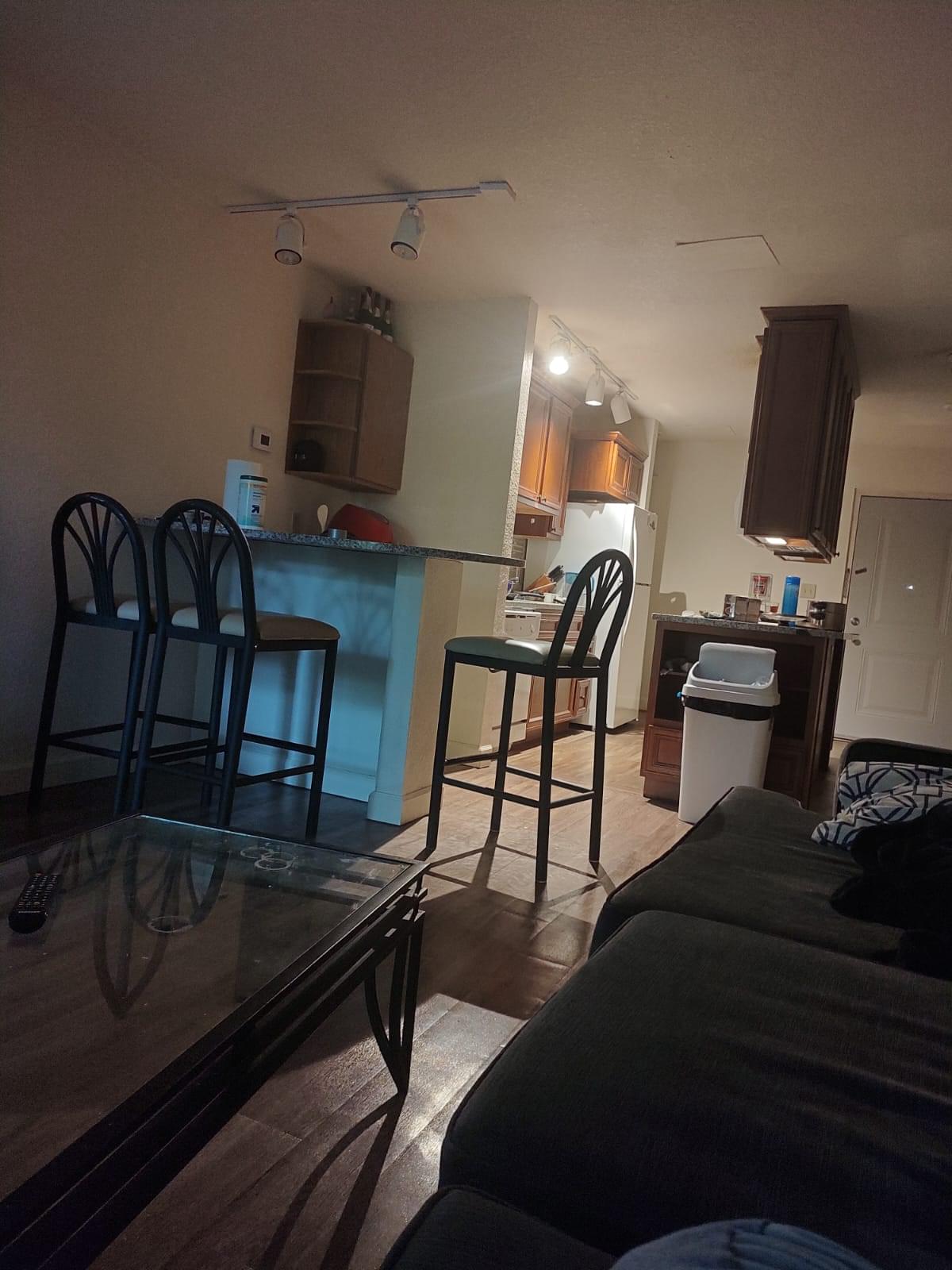What Students Say
Likes
- Excellent programs, especially for STEM
- Beautiful campus, with many old buildings, and many libraries. Great public transport bus system.
- I love the weather! Even though it can get a bit cold in the winters, I don't mind it
Dislikes
- The CU area is small. It is a small town in the middle of cornfields, so not a lot happens outside of the campus areas for students.
- Socializing, especially as a grad student in one of the smaller majors is not the easiest
- Traveling to any other part of the US can be a bit annoying, as you would need to catch flights out of Chicago which is a 2.5 hrs road journey away
Course Curriculum
- The master's in statistics is not the easiest of courses. Based on the electives you take, it can be both theoretical, or practical, or even research oriented. But the academics are good, and I haven't found it difficult at all to cope.
- Positive aspect - good curriculum, good number of elective options and flexibility.
- Negative aspect - some inexperienced faculty (mostly asian), that aren't the greatest instructors. But the experienced faculty is really good. Which is the same across any university, I feel.
Admission Experience
-
I applied to 4 colleges -
1) UIUC (Admitted, Accepted)
2) Johns Hopkins University (Admitted, but I chose UIUC)
3) Purdue University (Rejected, but I didn't fully complete my application as I had already accepted UIUC and preferred the program here)
4) University of Southern California (Rejected) -
I applied for spring intake, which meant my options were much more limited compared to a normal fall intake in the number of schools and programs.
-
I chose UIUC over JHU and Purdue, because I liked the program here best, based on my interests. The cost was also a factor, with UIUC being cheaper for me than JHU (even though I had a scholarship at JHU, and none at UIUC)
-
The admission process was standard, as per most US universities. UIUC is one of the fastest universities at processing applications and sending out decisions. Required me to fill out the online application, pay the fee, and make sure my LORs got submitted. After that, I waited for the decision, which came in just 1 week, and then I proceeded with my VISA applications and SEVIS registrations.
-
For master's, your application depends more so on your Bachelor's performance, your Statement of Purpose (SoP), and your Letters of Recommendation (LoRs). GRE was not required, but you can still send your scores (or atleast mention them in your application unofficially). You can either send IELTS/TOEFL scores, or a medium of instruction certificate from your undergrad to showcase your English proficiency!
-
The overall admission experience was very smooth, with no challenges. I completed all the steps by myself and didn't need any help. The decision was also promptly received by the Graduate Admissions Department. The department was also helpful and prompt in answering any questions I may have had.
-
Spring intake, because I wanted to leave my job early and didn't want to wait till next years fall.
-
Admission process was very quick! I applied a few days before the deadline and got my decision within a week.
Class Schedule
- Many bigger courses are offered multiple times a week by same or different instructors, so you have full flexibility. On average, you can expect to register for 3 courses a semester, meaning just 9 hours of classes (for grad school in statistics). The usual timings can range from 9 AM to 4 PM, based on when you pick courses or classes.
- Only 7-8 students joined as part of 2024 spring, out of which 2 were Indian. Otherwise in stats, the program is dominated by Indian and Chinese students (around 20% Indian)
Faculty
- The ratio isn't too low, there seems to be enough faculty. It is easy to meet and interact with faculty. Weekly office hours are always there, and other meetings are easily set up via emails.
- Teaching methodology depends from teacher to teacher and course to course. Teachers play a bigger part for more theoretical, more math heavy courses. For more programming based courses, instructors tend to be there for more problem solving after giving you the initial concepts. You can definitely pick courses that provide you with adequate skills to find jobs in the industry!
- I think if you have a good relationship with a prof, they will definitely help you in finding jobs. I don't think anyone would deny you help.
- Dr. Chronopolou and Prof Stepanov are two of my faculty I enjoyed working. They both are great teachers!
Campus Life
- UIUC has just 1 main campus. The U of I system has two more campuses in Springfield, IL, and Chicago, IL.
- All facilities are available. Many many libraries, 2 rec centres with pools, gyms, courts, tracks etc. Many outdoor fields, courts in a couple different locations as well.
- There are hundreds of student run clubs, called RSOs, for every interest one may have. They are both academic and social. Spring Jam, Mom's weekend, Dad's weekend, Open Houses etc are annual events. Our sports teams are also competitive and fun to watch in the Big10 conferences.
- Our Basketball teams perform in the NCAA march madness almost every year. Otherwise, via the various RSOs, there are opportunities to play any sport you want.
Part Time Jobs
- Depends on the program. In ECE, I think most grad students get these positions. In stats, the opportunities are more limited for master's students and mostly go to PhD students.
- Other on-campus jobs can be working at the library, or in dining halls at the undergrad dorms. Some other technical positions like tech assistants in labs, or proctors at computer based testing facilities may also be available. Hourly wages would range from 12-20 USD.
- Depends on your course load, I think. I don't think more than 20 hours is possible for part-time
- Fairly easy, if you apply early.
- Just for off campus part time work, students will need to apply themselves, and also keep in mind the visa restrictions (not allowed any off campus work in the first 9 months, including internships). The process for part-time jobs would probably be similar to finding any job.
Placement
- I think 90% of graduates secure either full-time work, or further studies within 6 months of graduation.
- For stats grads (master's), I would expect an average of around USD 100,000 per annum.
- Campus recruitment isn't really a thing, so you need to depend on networking yourself, and apply via online job portals like LinkedIn, Indeed etc.
- Not sure about these, but Stats graduates can find data science roles in FAANGS.
- There is no campus recruitment per se, but graduates can find work in the top companies.
Accommodation
- For my first semester, I found someone's sublease on Reddit/Facebook. Afterwards, I moved into my new place by applying on a leasing agency website directly.
- USD 840, inclusive of all utilities. Unit is a studio, with a bathroom, kitchen (microwave, oven, fridge, stovetop), has an HVAC unit, desk, chair, and a twin bed.
- The main challenge is to find a unit well in advance, as most on-campus locations fill out very quickly (10 months before move in date)
- Based on preference! Off campus is quieter and cheaper, if you are willing to commute via bus, or have a car (might not be ideal when it is cold like -20C for a few days per year). On campus is louder, slightly more expensive, but close to classes and all the food joints, bars etc.
- My accommodation is just a 5 minute walk from the main part of the campus (the main quad). Indian students stay everywhere, but I think most graduate students prefer to be off campus in Urbana where it is quieter.
Exams
- No exams were absolutely required, as I mentioned earlier. GRE is not considered for Master's admissions, but it doesn't hurt to share your score unofficially. TOEFL/IELTS is required, I am not sure what is the minimum cutoff. But, you can waive these off, if you can obtain an English Medium of Instruction certificate from your previous university/institution.
- SOP, LOR, CV were all required, and the main factors contributing to the importance of your application.
- No interviews were conducted.
Fees
- Fees - USD 17,000 per semester (including tuition, health service fee, insurance, MTD transport fee etc.)
- The Fees is charged per semester, but is also credit based (although it is the same above 12 credits, which you need to register for anyway)
- Rent - USD 840 per month (including all utilities like electricity, internet, trash, gas, water) - can get cheaper or more expensive based on location, and number of beds in the apt. I live in a studio in the best location smack bang in the middle of the campus, close to all my classes)
- Transportation by bus is free for students, and you can get anywhere within the town by the buses (included in the fee you pay)
Scholarship
- I did not receive any scholarships or financial aid. It is not very common for the Stats department. In fact scholarships for international students in the US are rare, in general.
- You can get your tuition waved off for certain courses, if you get some assistantship positions. For certain programs, it is a requirement for all grad students, but that is not the norm.


